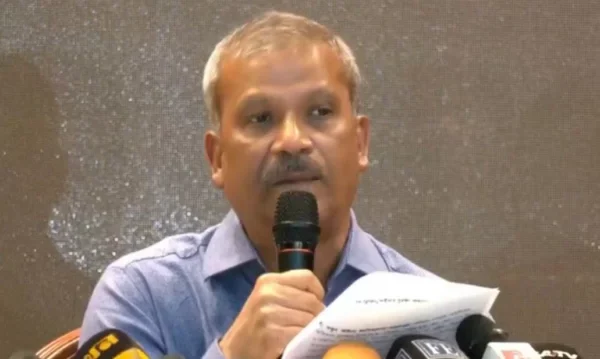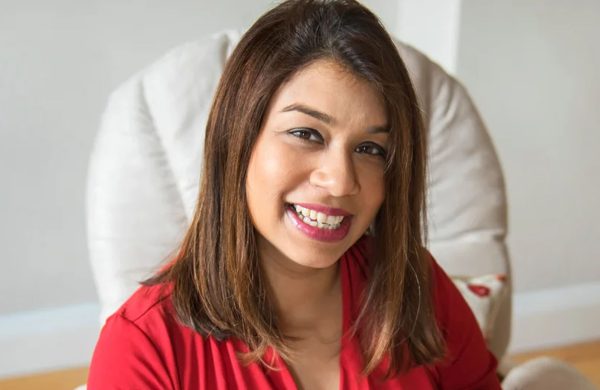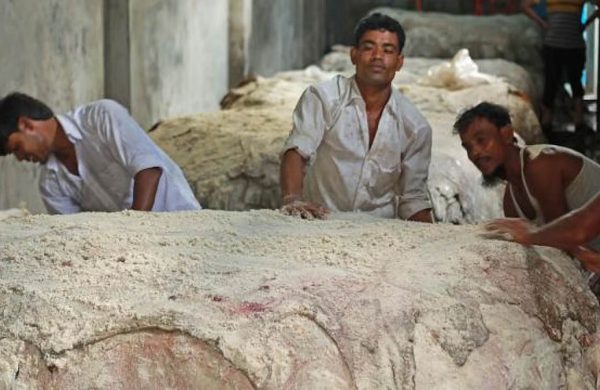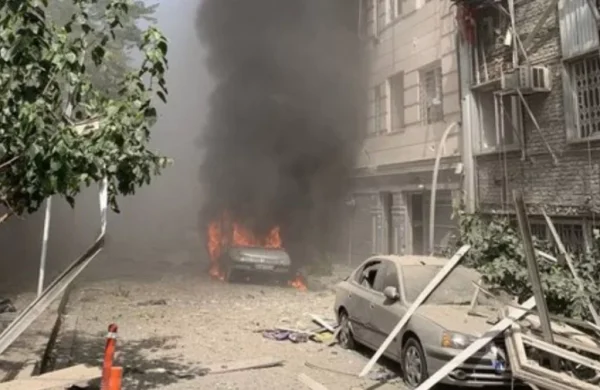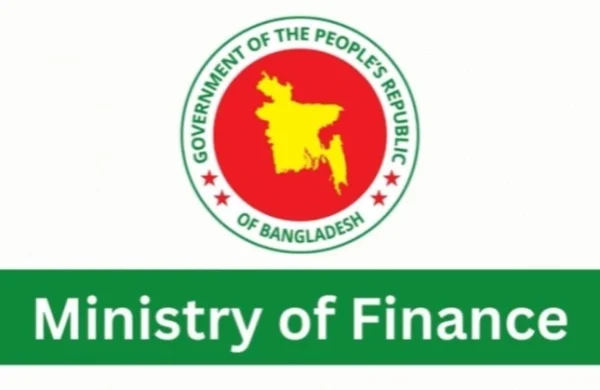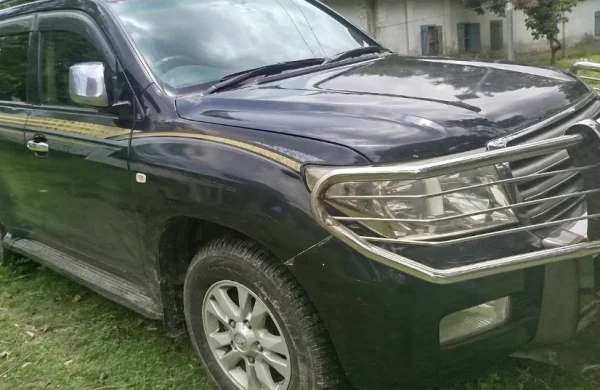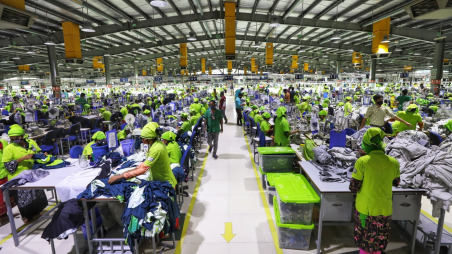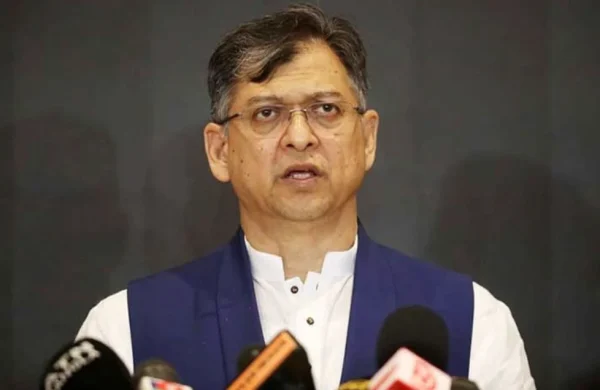Average medical expense for abused women Tk 2,512
- Update Time : Monday, June 16, 2025
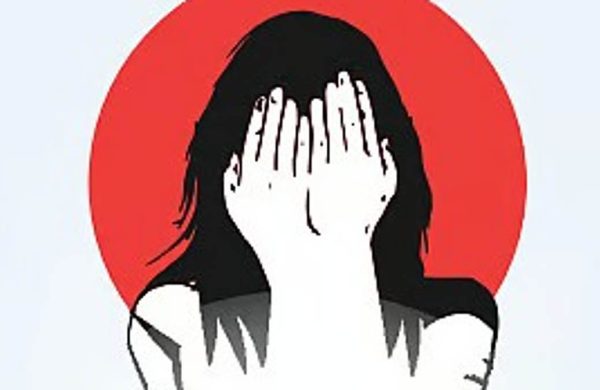
TDS Desk:
A young woman from Belkuchi upazila in Sirajganj district would often face violence at the hands of her husband over dowry money. One time, he kicked her in the stomach with such force that she had to stay in the hospital for two days.
This happened in 2023. The woman heard from her mother that the medical expenses amounted to around Tk 5,000 to Tk 6,000. She told journalist that she could not stay in that marriage for more than two years because of the abuse.
A woman with her child came to office in September 2024 to report abuse by her husband. The woman from Jashore revealed she was his second wife. Now her husband no longer wishes to keep her in the marriage and he abuses her frequently.
Last year, she filed a case under Section 11(Ga) of the Women and Children Repression Prevention Act-2000 that deals with dowry-related offences. It cost her about Tk 20,000 to keep the case running.
A report titled ‘Violence against Women Survey 2024’, jointly published by the Bangladesh Bureau of Statistics (BBS) and United Nations Population Fund (UNFPA) Bangladesh, highlights that women who have suffered physical, psychological or sexual violence from husbands, partners or other men often have to bear the costs of medical treatment and legal action themselves.
BBS published a summary of the survey in March this year. Among the participants of the survey, those who sought medical treatment and took legal steps in the past 12 months after experiencing violence each reportedly spent an average of Tk 2,512 on treatment and Tk 4,104 on legal measures. In rural areas, the average costs were Tk 2,672 for medical care and Tk 3,680 for legal support while in urban areas, the costs were Tk 2,394 for medical services and Tk 4,341 for legal aid.
This is the third edition of the violence against women survey. The other two editions were published in 2011 and 2015. The latest report reveals that facing violence from husband or partner is so normal in Bangladesh that about 70 per cent of women (73 per cent in 2015 and 80 per cent in 2011) have experienced abuse- physical, sexual, emotional, economic or controlling behaviour, from a husband or partner at least once in their lifetime. As much as 41 per cent of women encountered such violence in the past 12 months.
When violent behaviours relevant to the social context in Bangladesh are included, the figures rise even higher to 76 per cent of women falling victim to abuse at least once in their lifetime and 49 per cent of women facing it in the past year.
Apart from that, 15 per cent of women have experienced abuse by partners or other men. The household-level survey sampled 27,476 women aged 15 and over from urban, rural, disaster-prone, and slum areas.
Project director of BBS’s Integrating Geospatial Information with Gender and Vital Statistics Project, Iftikharul Karim told journalist that the survey is intended to better understand the nature and extent of violence against women in Bangladesh.
SILENT AFTER BECOMING ABUSE VICTIM
The abuse victim woman from Sirajganj said she did not file any lawsuit even after facing so much abuse. It’s a hassle to pursue the case and there’s the fear of infamy, she added. The den-mohor (dower) in her marriage was fixed Tk 200,000 (Tk 2 lakh), but she did not take any measure to recover that either.
In another instance, a 25-year-old woman living in Dhaka reported being defrauded by her partner. She said she was in a relationship, where her partner became physically intimate with her with the promise of marriage. The man even introduced her to his family. But whenever she brought up marriage, he would postpone it with different excuses.
Meanwhile, she discovered that her partner has already married someone else in secret. When she went to his home earlier last year to confront him, the man along with his family members beat her up and threw her out of the house.
The report published by BBS and UNFPA notes nearly 64 per cent of the women facing abuse remains silent on this matter. They remain silent due to the desire of protecting family’s reputation, concern for their children’s future, or the tendency of believing such violence to be normal. Only seven per cent of them take legal action while 51 per cent of the victims don’t even know where to lodge a complaint.
Even when some do take the legal path it’s hard to get justice. In 2018, a year and a half-long investigation into the 7,864 cases filed in five women and children repression prevention tribunals of Dhaka between 2002 and October 2016 showed that 97 per cent of the accused were either acquitted before the trial began or cleared of charges afterwards.
Senior fellow at BRAC Institute of Governance and Development (BIGD) and member of the National Commission on Women, Mahin Sultan told journalist that some women who experienced abuse have to go through medical treatments several times and have to repeatedly visit the arbitration or the court. The expenses are not insignificant.
She emphasised that social resistance is required when it comes to incidents of abuse. The victim woman must also get out of the abusive relationships. Authorities should take victim women’s complaints seriously and pursue legal action accordingly, she stressed.




